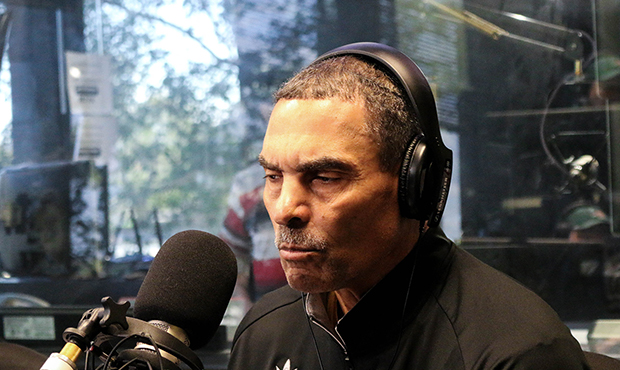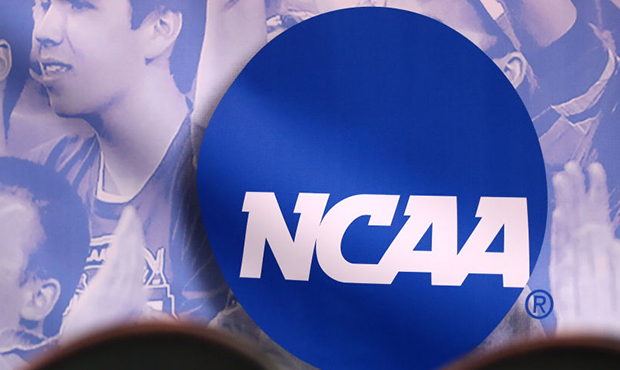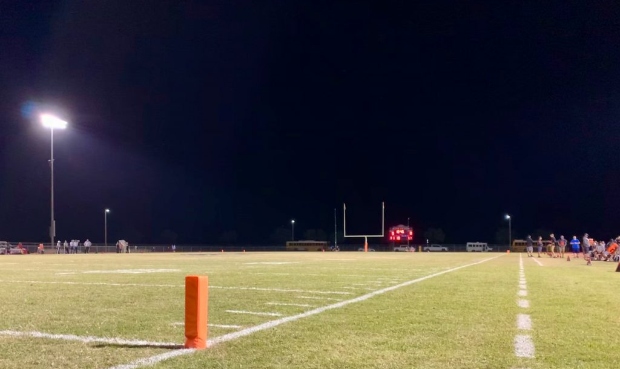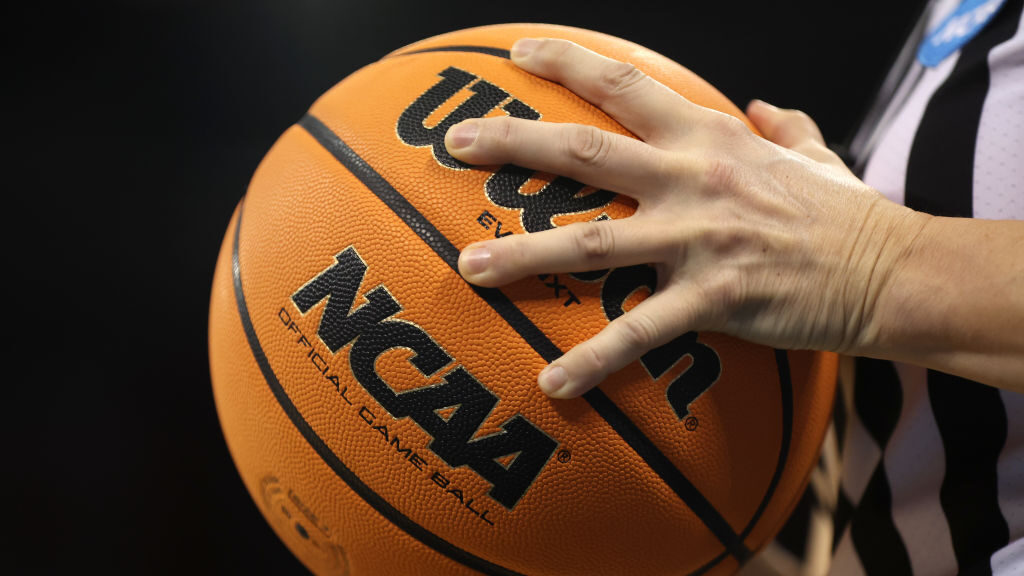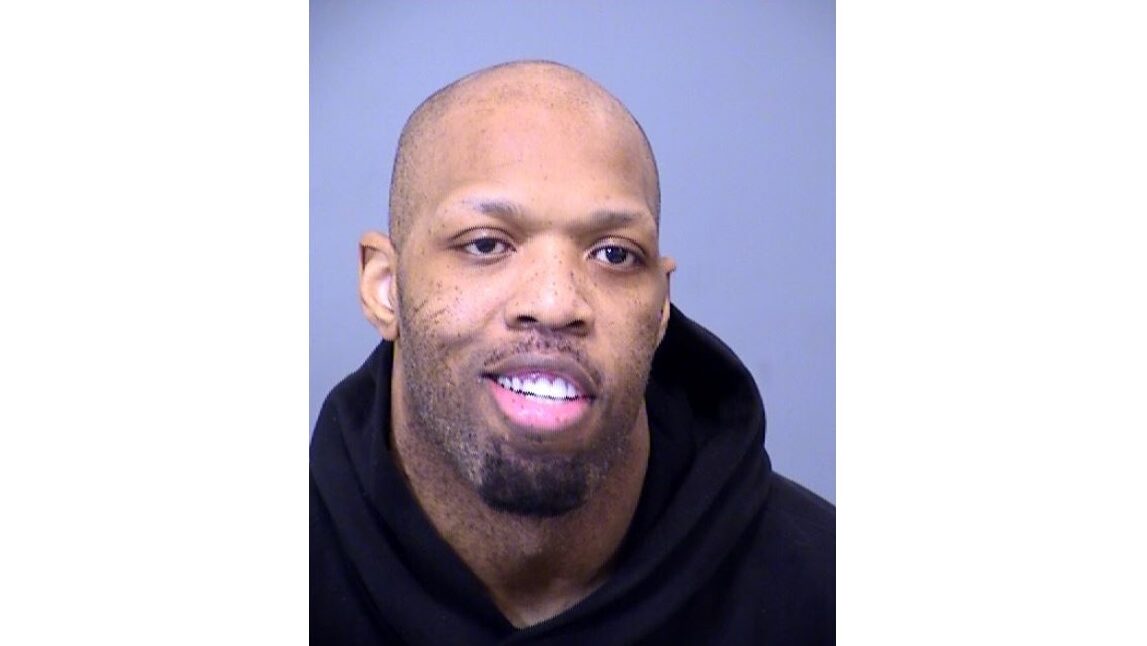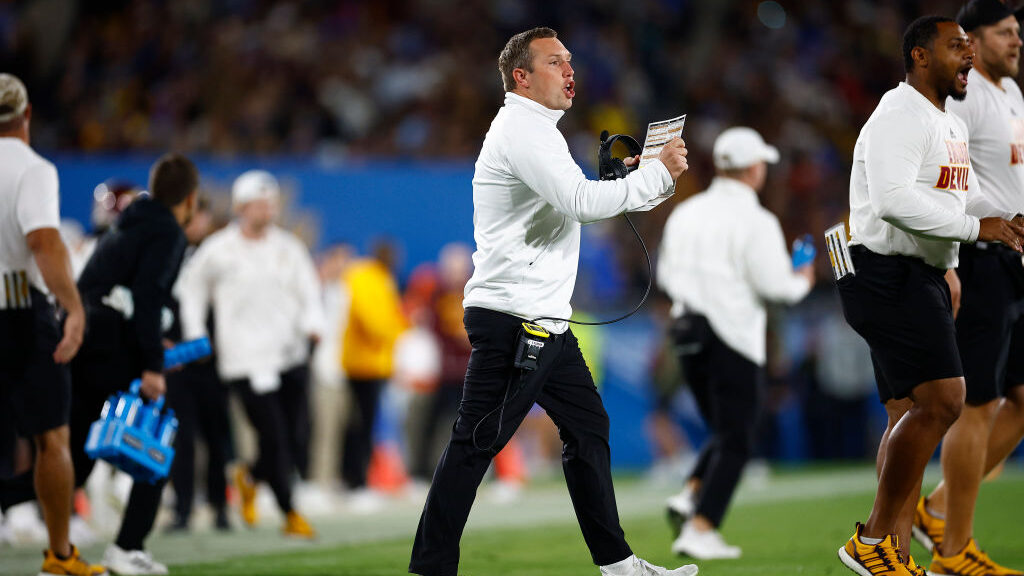Pac-12 reaches agreement for rapid-results COVID-19 testing
Sep 3, 2020, 2:58 PM | Updated: 2:59 pm
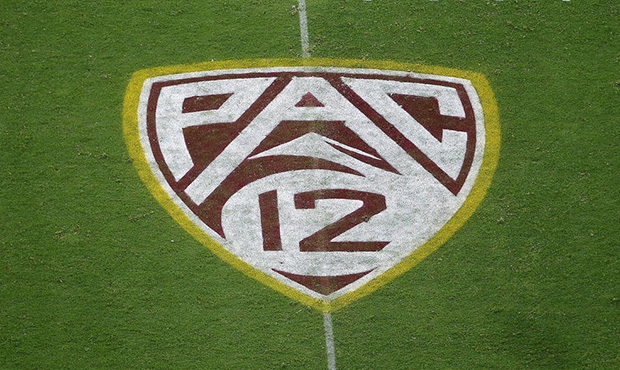
(AP Photo/Ralph Freso)
(AP Photo/Ralph Freso)
The Pac-12 may be one step closer to resuming sports.
The conference announced Thursday it has come to an agreement that will bring rapid-result testing to all Pac-12 universities by the end of September.
Diagnostic testing company Quidel Corporation is teaming up with the Pac-12 to implement daily testing for COVID-19 with student-athletes for all close-contact sports.
Testing, and the time it takes for results, was one of the main issues for the conference when it decided to postpone the the football season on Aug. 11.
Quidel’s testing machines, named Sofia 2, are said to give test results back in about 15 minutes.
While there’s no timeline for a return of sports, Pac-12 commissioner Larry Scott said the testing agreement is a move in the right direction. He added that the testing breakthrough allows the Pac-12 to resist the decisions made when testing availability was unknown.
“This is a major step toward the safe resumption of Pac-12 sport competitions,” Scott said in a press release Thursday. “The availability of a reliable test that can be administered daily, with almost immediate results, addresses one of the key concerns that was expressed by our medical advisory committee, as well as by student-athletes, coaches and others.
“At the same time, our partnership with Quidel, the industry leader in point-of-care antigen testing, will provide crucial research data that will benefit our members’ communities as well as the entire country.”
The testing will also reduce the number of contact traces required and the breadth of contact tracing required, the conference said in the release.
The testing partnership will be a key factor in research efforts by the Pac-12 Student-Athlete Health and Well-Being Initiative and the Conference’s COVID-19 Medical Advisory Committee.
The Pac-12 SAHWBI’s independent research initiative will focus on documenting and determining if a testing protocol that involves point-of-care rapid testing immediately prior to practice or competition can decrease or eliminate the risk of infection from sport interaction, the conference said.
“This is an opportunity to get our athletes back to activity in a careful and controlled manner while monitoring outcomes,” section head of sports medicine for University of Washington Dr. Kimberly Harmon said in the release.
“It is win-win for athletics and to better our understanding of strategies to prevent spread during sports.”


